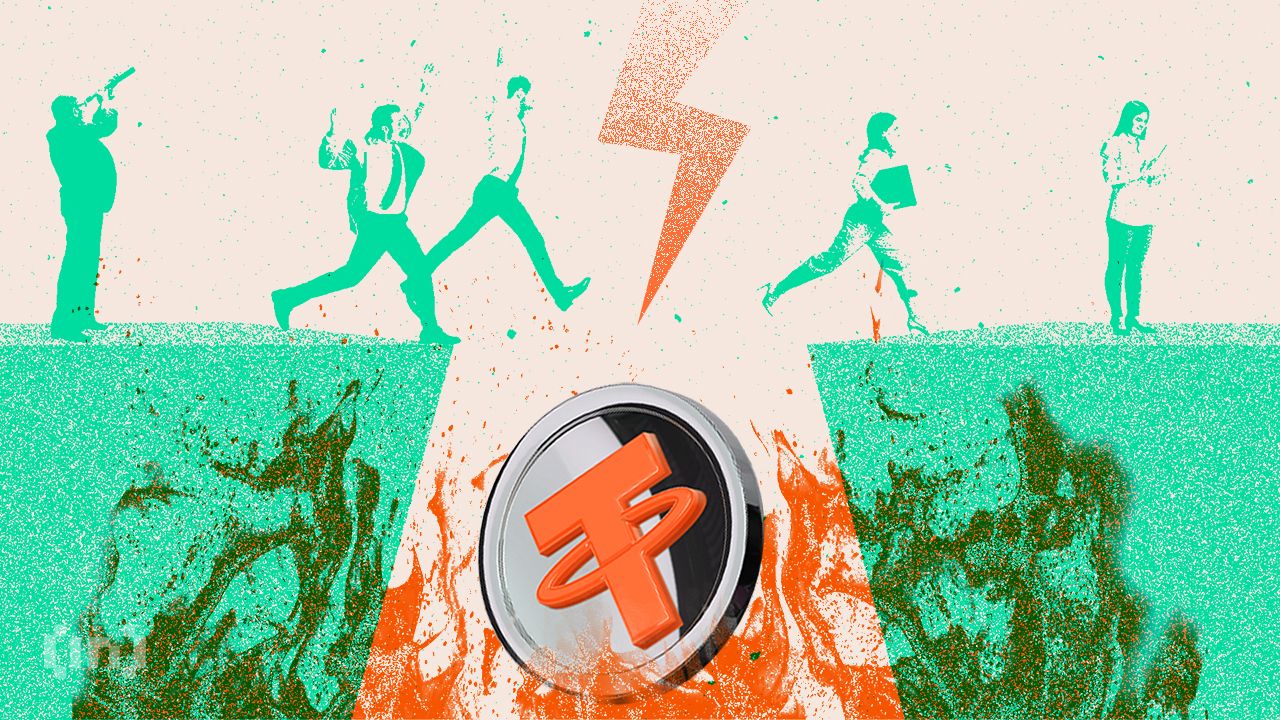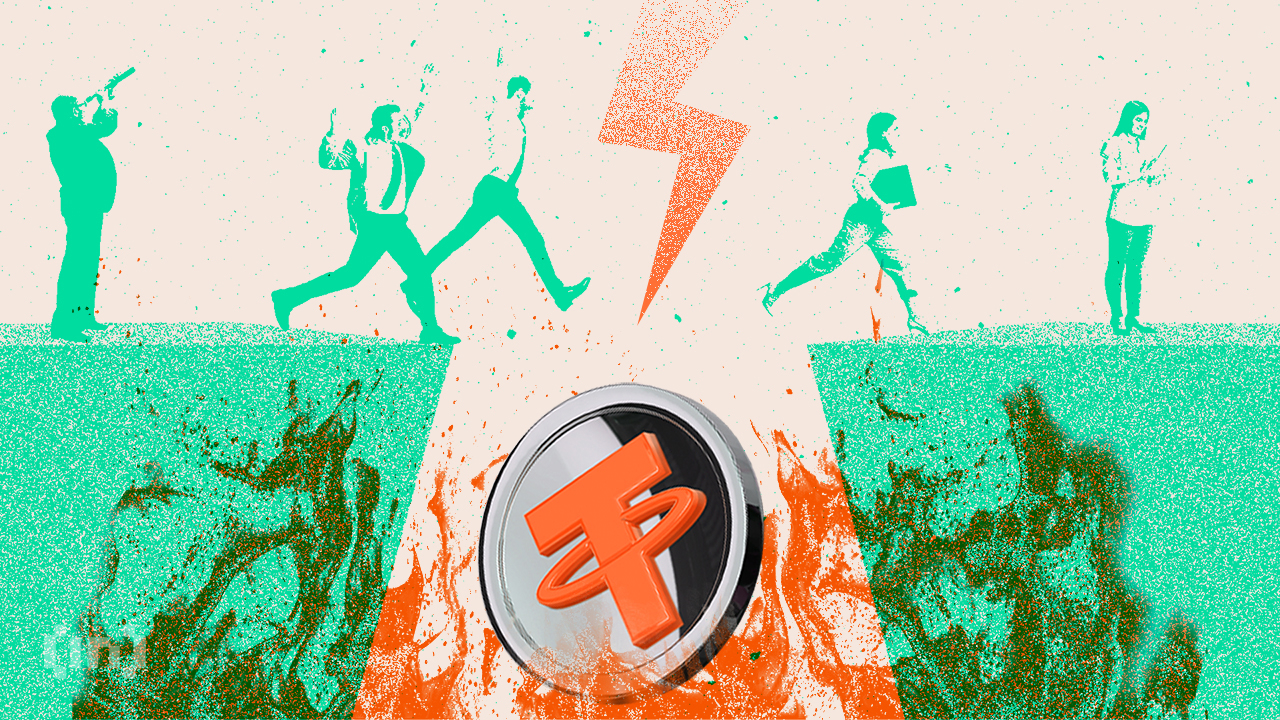Market
Will Tether Have To Sell Bitcoin to Comply with US Regulations?


According to a report from JPMorgan, Tether may need to sell Bitcoin and other commodities to reach compliance with proposed US stablecoin rules. CEO Paolo Ardoino disputed this on social media but didn’t address the core concerns.
The US is pushing strongly for new stablecoin regulations, which would include strict accounting and secured reserves. Tether didn’t comply with similar regulations in Europe, but it can’t afford to lose the US market.
Will Tether Have to Sell its Bitcoin?
Tether, the world’s leading stablecoin issuer, achieved a succesful financial year in 2024 despite regulatory challenges. Last quarter, the firm reported record-high profits, and it’s opening new market opportunities with a relocation to El Salvador.
However, a JPMorgan report claims that Tether may have to sell a lot of its Bitcoin, and its CEO fought back immediately:
“JPMorgan analysts are salty because they don’t own Bitcoin. Tether analysts say that JPMorgan does not have enough Bitcoin!” Tether CEO Paolo Ardoino said via social media.
The analysts identified that the new US stablecoin regulations will compel Tether to offload its Bitcoin reserves. Several stablecoin bills are currently proposed to the Senate, and most of them advocate for issuers to hold their asset reserves in the US.
The most likely bill be passed is Tennessee Senator Bill Hagerty’s ‘the GENIUS Act’. The bill’s standards show that only 83% of Tether’s reserves are in compliance, and other proposed bills are more aggressive.
Putting aside the question of Tether’s Bitcoin holdings, it seems clear that US stablecoin regulation is coming. These efforts have bipartisan support, and Federal Reserve Chair Jerome Powell strongly supports them, too. If both Congressional factions and the regulatory apparatus want this, some version of it will likely come to pass.
Why would these proposed regulations compel Tether to sell its Bitcoin? Essentially, they would entirely change the way the company handles its reserves. The company would need to store a significant portion of its total cash reserves in US Treasury bonds or other insured institutions.
In short, this framework doesn’t entirely support the decentralization of stablecoin issuers.
Last December, it was largely kicked out of Europe because it could not meet similar requirements under the new MiCA framework. Tether could handle losing the EU, especially because it prepared, but US crypto exchanges are also ready to drop the company if required.
In short, Ardoino’s social media outburst attracted some attention, but it’s practically an impractical response to the impending crisis. Tether may need to sell a lot of its Bitcoin, and even that might be enough.
Analysts have pointed out that the firm has fervently resisted close scrutiny of its reserves. New transparency requirements could reveal some ugly secrets.
Disclaimer
In adherence to the Trust Project guidelines, BeInCrypto is committed to unbiased, transparent reporting. This news article aims to provide accurate, timely information. However, readers are advised to verify facts independently and consult with a professional before making any decisions based on this content. Please note that our Terms and Conditions, Privacy Policy, and Disclaimers have been updated.












